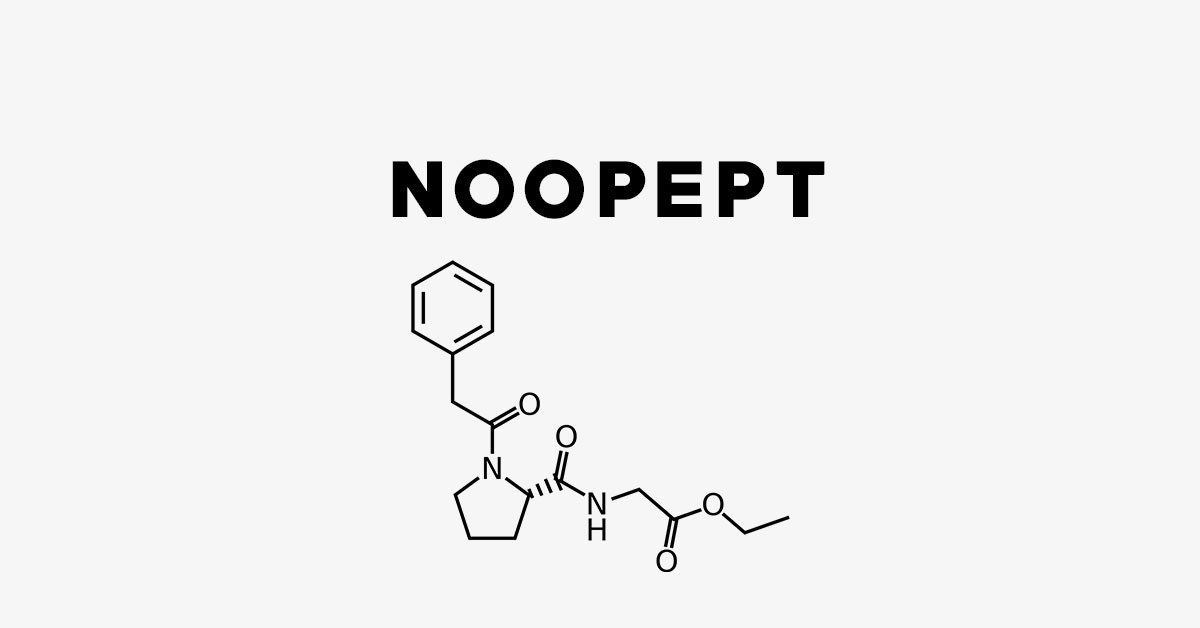
Noopept (N-Phenylacetyl-L-prolylglycine ethyl ester)
Noopept is a cognitive enhancing ingredient that can improve focus and mental alertness. Noopept is commonly found in nootropics and some pre-workout supplements.
Uses of Noopept
Noopept is an ingredient commonly found in nootropic supplements, although you may also find it in some pre-workout supplements as well.
Noopept, also known as N-phenyl-acetyl-L-prolylglycine ethyl ester, has been shown to work as a neuroprotectant (preservation of neuronal structure and/or function.) It has also been studied and shown promise to help with memory.
With that said, it has also shown promise as a supplement to help people suffering from Alzheimer’s.
The issue with many of the studies on Noopept is not the amount of studies (well over 70) it's the lack of human studies among that number. It isn’t a nootropic that will kick in right away like many stimulants would. It is more of an ingredient that you may start to notice after several weeks to months of taking. If you’re looking into Noopept, don’t expect immediate results, expect long-term benefits.
Interactions with Noopept
You’ll find Noopept in most commonly in nootropic supplements, although some pre-workouts have Noopept in them as well.
Common ingredients found paired with Noopept include, Caffeine Anhydrous, Huperzine A, Alpha-GPC, L-Tyrosine, and Acetyl-L-Carnitine.
Side Effects of Noopept
There are few side effects with Noopept, although some may include headache, irritability and mood swings.
Recommended Noopept Dosage
Noopept is usually found anywhere from 10mg-30mg per day. This can be broken up into 2 doses per day.






